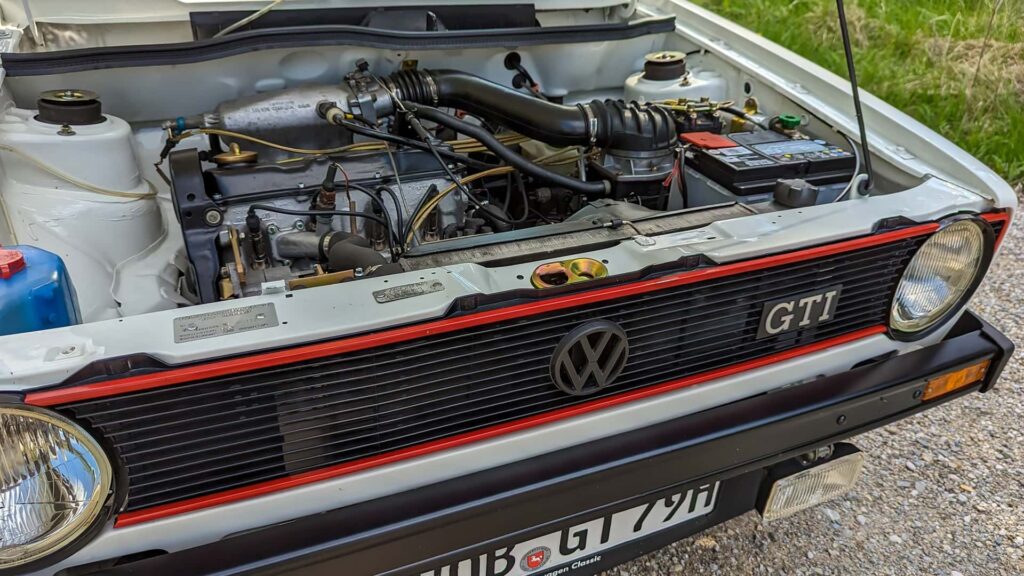About $65 billion will be invested in conventional engines.


It's fair to say the transition to EVs hasn't progressed as quickly as some automakers predicted, with several postponing lofty goals of going fully electric in the near future. Last year, Volkswagen predicted that EVs would account for 80% of its annual sales in Europe in 10 years' time. The lackluster response to the ID model has forced the automaker to reassess its strategy.
Of the 180 billion euros ($196 billion) set aside for 2023, primarily for next-generation EVs, the German brand will allocate a third of it to continuing to develop internal combustion engines. The announcement came from Arno Antlitz, Volkswagen Group's chief financial and operating officer. The company plans to spend around 60 billion euros ($65 billion) to “keep internal combustion engine vehicles competitive.”
Lectures at sponsored events Reuters Speaking in Munich, the chief financial officer and chief operating officer added: “The future is electric, but the past is not over yet. The past is one-third and the future will remain one-third electric.” This is a major shift from previous plans announced in late 2022 to build and sell only electric cars in Europe from 2033.
Last year, VW brand chief Thomas Schäfer said that ICEs were “old technology” in the context of e-fuels. He said the discussion around synthetic fuels was just “unnecessary noise”, despite fellow VW Group brand Porsche being actively working on producing synthetic fuels at its Chilean plant.
Other luxury brands in the VW empire are also closely watching how sustainable fuels evolve. Bugatti is even considering designing fueling stations that owners can install in their homes to fill up with synthetic fuels. Lamborghini believes it can save on internal combustion engines by running them on non-fossil fuels. Bentley is also researching near-carbon-neutral fuels.
Speaking of Crewe-based brands, Bentley has extended its 2030 all-electric target by three years, while Ford similarly doesn't believe it will be able to go fully electric in Europe by 2030. Aston Martin also recently reversed course and will continue to produce cars with internal combustion engines for the next decade.
It is clear that more and more car companies are reevaluating their EV strategies as people are still reluctant to let go of their internal combustion engines. Automakers are in a tough spot as tougher emission regulations require investments to make gasoline engines run cleaner. At the same time, China's electric vehicle offensive is a cause for concern for global players.
read more

